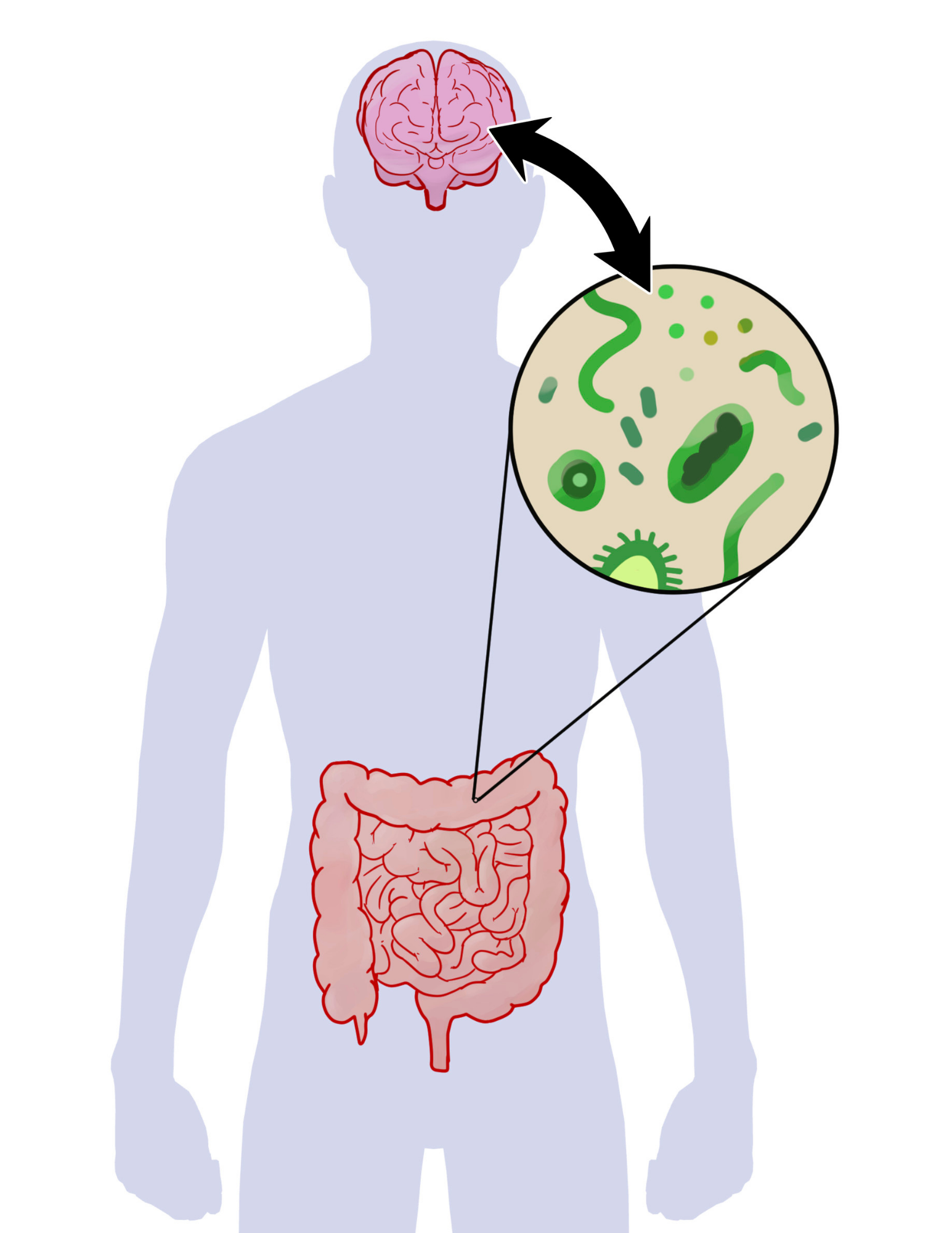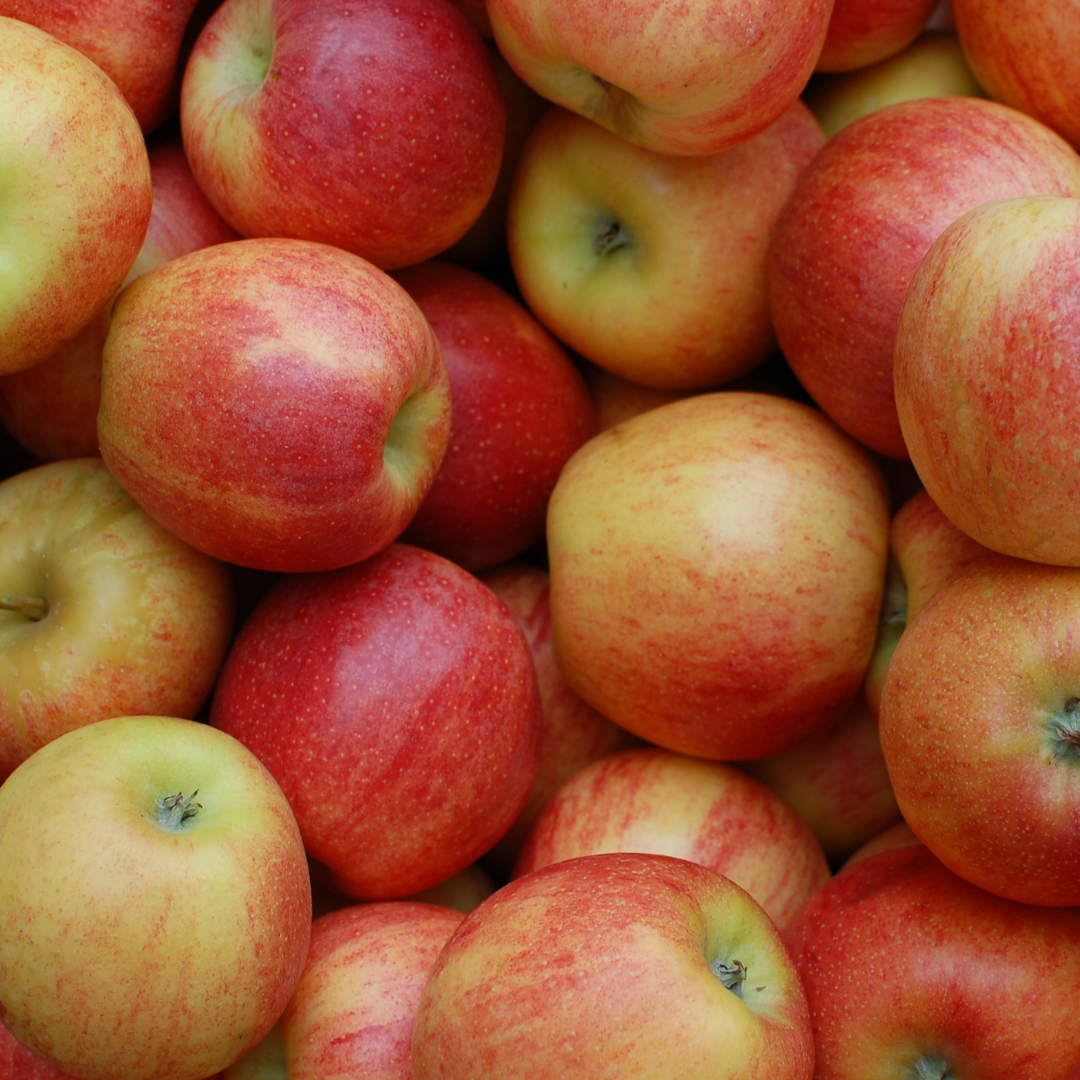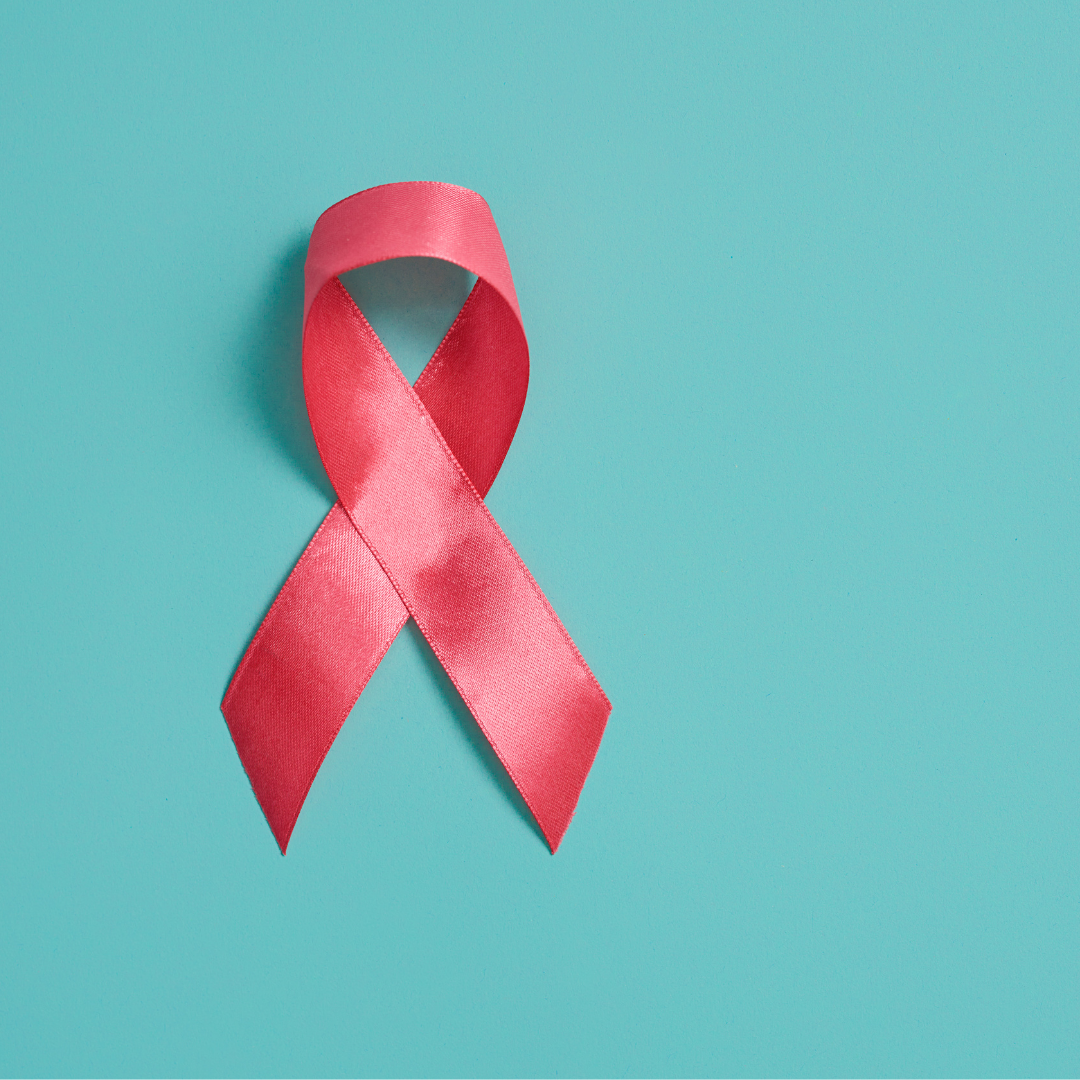My Journey Overcoming an Eating Disorder
[caption id="attachment_4141" align="alignleft" width="300"] Trish Bennett[/caption] National Eating Disorder Awareness Week is February 26th - March 3rd. 28.8 million Americans will suffer from an eating disorder in their lifetime. Eating disorders can affect anyone and carry an increased risk of suicide and medical complications. I want to share my personal story with all of you, hoping it may resonate with you or someone you love. Suffering from bulimia and then anorexia for a decade, I weighed 79 pounds at the height of my disease. To put it bluntly, I should be dead right now. At age 30, I thought I had overcome it, but I would then trade one obsession for another (isn’t that always the case for addictive personalities). [caption id="attachment_11271" align="alignright" width="187"] This is me when I...











